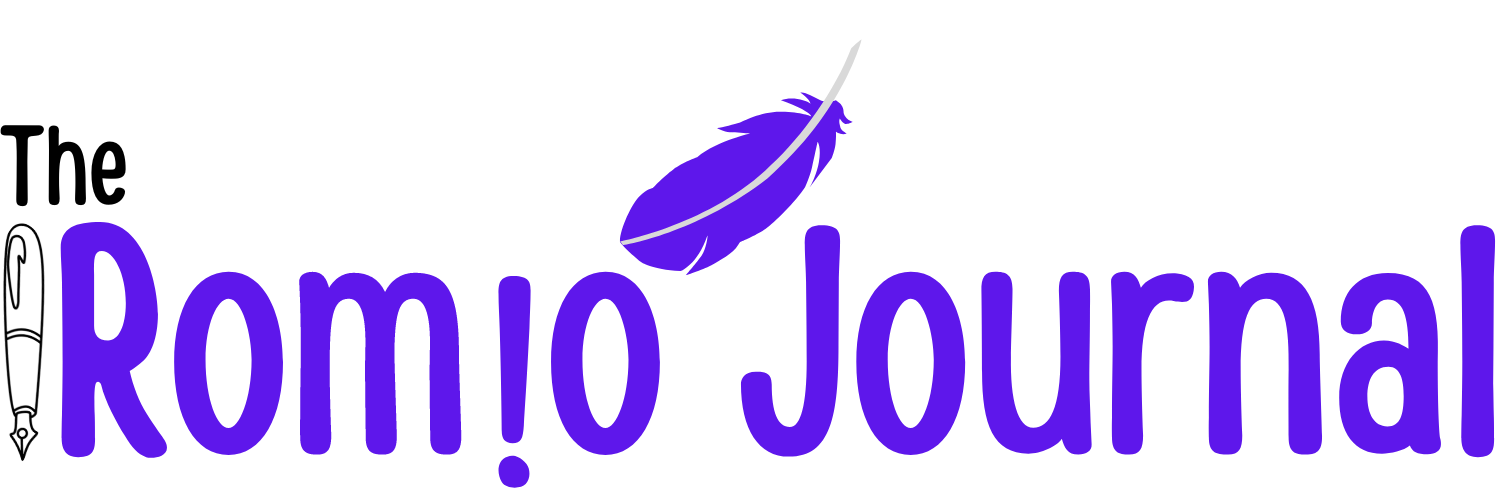Navigating the World of ADHD: Understanding, Coping, and Thriving
Introduction
Attention Deficit Hyperactivity Disorder (ADHD) is more than just a buzzword; it's a neurodevelopmental condition that affects millions of people worldwide. Whether you've been diagnosed with ADHD or you're seeking to understand it better for a loved one, this comprehensive guide will provide insights, strategies, and support for navigating the intricate landscape of ADHD.
Demystifying ADHD
What Is ADHD?
ADHD is a neurodevelopmental disorder characterized by persistent patterns of inattention, hyperactivity, and impulsivity that significantly impair daily functioning. It's important to note that ADHD isn't merely a childhood issue – it can persist into adolescence and adulthood. The disorder manifests differently in individuals, making it a highly heterogeneous condition.
The Three Subtypes
Predominantly Inattentive Presentation: This subtype is often associated with forgetfulness, disorganization, difficulty focusing, and a tendency to make careless mistakes.
Predominantly Hyperactive-Impulsive Presentation: Individuals with this subtype may exhibit symptoms like restlessness, impulsive decision-making, and difficulty waiting their turn.
Combined Presentation: As the name suggests, this subtype includes a combination of inattention, hyperactivity, and impulsivity symptoms. It's the most common form of ADHD.
Understanding the Science
Neurobiology of ADHD
ADHD's roots lie in the brain's complex neurobiology. Key factors implicated in ADHD include:
Dopamine Regulation: ADHD is associated with impaired regulation of dopamine, a neurotransmitter involved in attention, motivation, and reward.
Frontal Cortex Dysfunction: The prefrontal cortex, responsible for executive functions like planning, decision-making, and impulse control, is often underactive in individuals with ADHD.
Genetics and Environmental Factors
ADHD is known to have a genetic component. Studies have shown that if a close family member has ADHD, there's an increased likelihood of developing the condition. Additionally, prenatal and early-life factors like maternal smoking, premature birth, and exposure to toxins may contribute to the risk.
Diagnosing ADHD
The Diagnostic Process
Diagnosing ADHD is a multifaceted process that typically involves:
Clinical Evaluation: A healthcare professional collects information about an individual's symptoms, medical history, and daily functioning.
Observation and Assessment: Teachers, caregivers, or family members may provide insights into the individual's behavior and symptoms.
Criteria Assessment: The diagnosis is made based on specific criteria outlined in the DSM-5 (Diagnostic and Statistical Manual of Mental Disorders).
It's important to consult with a qualified healthcare provider for an accurate diagnosis and to rule out other conditions that may mimic ADHD symptoms.
Coping with ADHD
Treatment Options
While there's no cure for ADHD, effective management strategies can significantly improve the quality of life for individuals with the condition. Common treatment approaches include:
Medication: Stimulant medications like methylphenidate and amphetamines are often prescribed to manage ADHD symptoms by increasing dopamine levels.
Behavioral Therapy: Behavioral interventions, such as Cognitive Behavioral Therapy (CBT), can help individuals develop coping strategies, improve time management, and address impulse control.
Lifestyle Changes: A balanced diet, regular exercise, adequate sleep, and stress management techniques can all contribute to symptom reduction.
Education and Support: ADHD coaching and support groups can provide valuable insights and strategies for managing the challenges associated with the condition.
Medication Management
Medication can be highly effective in managing ADHD symptoms. However, it's crucial to work closely with a healthcare professional to find the right medication and dosage. Regular monitoring and adjustments are often necessary to ensure optimal results.
Thriving with ADHD
Embracing Neurodiversity
ADHD is not a limitation but a unique aspect of neurodiversity. Many highly successful individuals, from entrepreneurs to artists and scientists, have ADHD. The key to thriving with ADHD lies in understanding your strengths, weaknesses, and learning styles.
Strategies for Success
Here are some practical strategies for individuals with ADHD to thrive in various aspects of life:
At Work or School
Set Clear Goals: Break tasks into smaller, manageable steps and use visual cues like to-do lists.
Time Management: Use tools like timers and calendars to structure your day and minimize distractions.
Organize Your Environment: Declutter your workspace and create a conducive environment for focus.
Seek Accommodations: In academic or workplace settings, consider requesting accommodations like extended time on tests or flexible deadlines.
In Relationships
Open Communication: Inform your loved ones about your ADHD and explain how it affects you. Encourage open conversations about expectations and challenges.
Active Listening: Practice active listening techniques to enhance your communication skills.
Patience and Understanding: Be patient with yourself and your loved ones. ADHD can be frustrating at times, but understanding and support can make a world of difference.
For Self-Care
Exercise Regularly: Physical activity can help manage hyperactivity and improve mood.
Mindfulness and Meditation: These practices can enhance focus and reduce stress.
Diet and Nutrition: A balanced diet rich in omega-3 fatty acids and antioxidants may have a positive impact on ADHD symptoms.
Breaking Stigmas and Building Support
The Power of Awareness
ADHD awareness and advocacy are crucial for dispelling myths and reducing stigmas associated with the condition. By promoting understanding and empathy, we can create a more inclusive society for individuals with ADHD.
Building a Support Network
Whether you have ADHD or you're supporting someone who does, connecting with others who share similar experiences can be invaluable. Online and in-person support groups, as well as ADHD organizations, offer resources, guidance, and a sense of community.
Conclusion
ADHD is a complex and multifaceted condition, but it doesn't define a person's worth or potential. With the right knowledge, strategies, and support, individuals with ADHD can lead fulfilling lives, pursuing their passions and achieving their goals.
Remember that seeking help and understanding is a sign of strength, not weakness. Whether you're dealing with ADHD personally or supporting a loved one, education and empathy are the keys to thriving in a world that celebrates neurodiversity. By embracing our unique minds, we can all contribute to a more inclusive and compassionate society.
